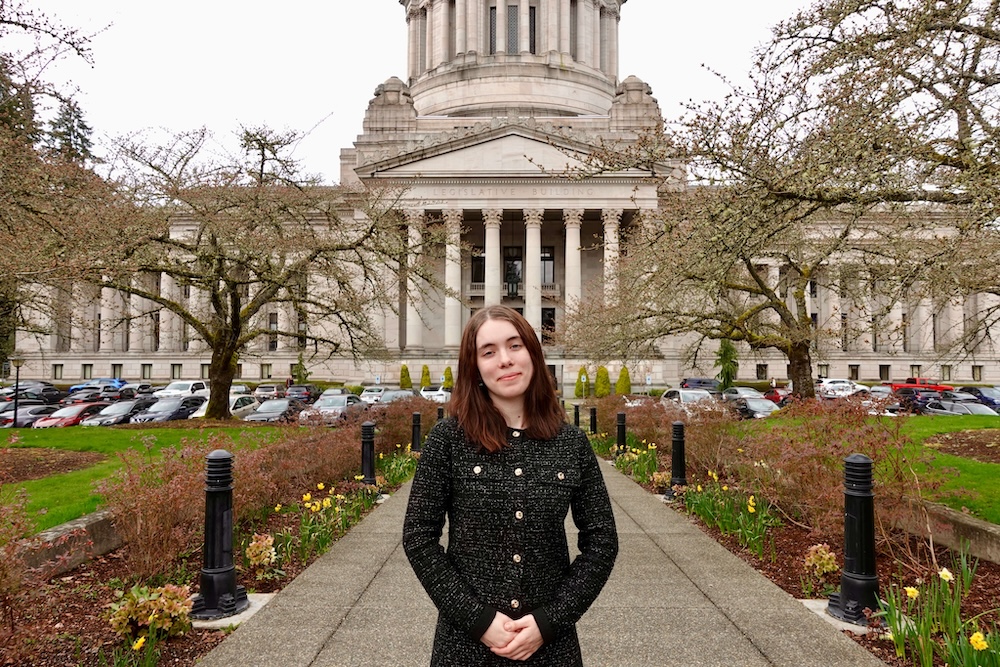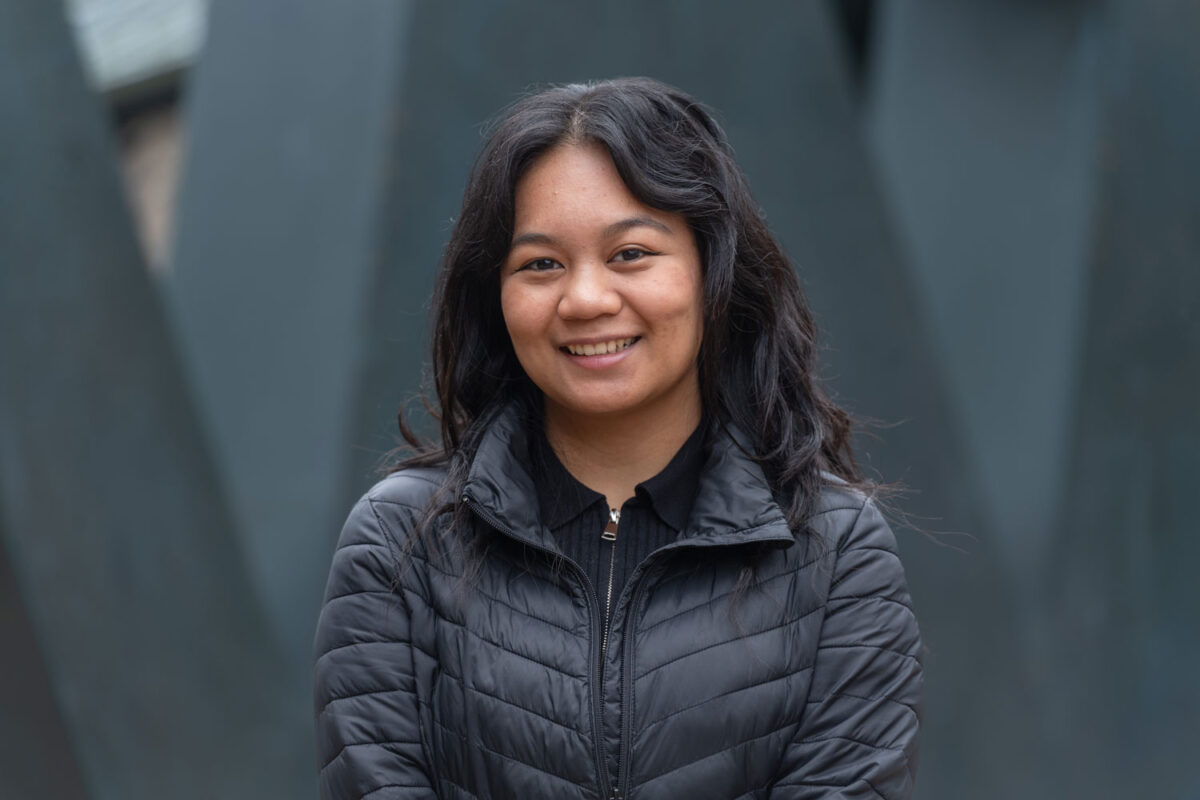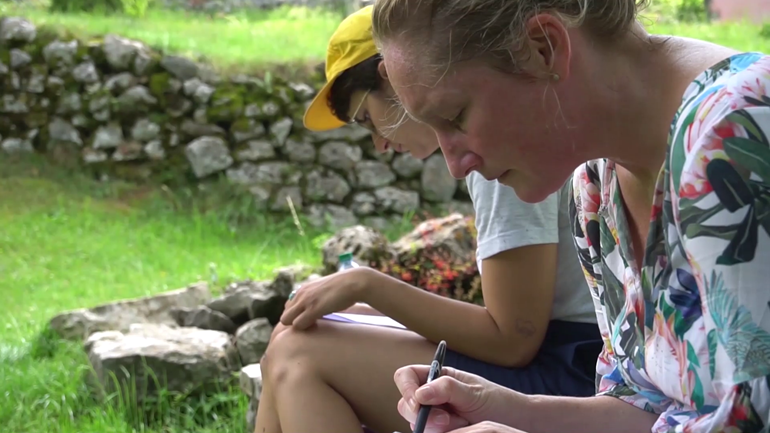
Unlike many more traditional programs in creative writing, the University of Washington Bothell’s Master of Fine Arts program in Creative Writing & Poetics is focused on helping students develop their creative work through exploration and discovery. This gives the program a unique draw.
“I made a very intentional choice to go to UW Bothell’s School of Interdisciplinary Arts & Sciences because I greatly admired the work of the faculty and poets there,” said Brent Cox (MFA ’15). “They were incredible role models and teachers, always encouraging me to experiment with multimedia, publish my work and network with others in the field.”
This combination of curriculum design, engaged faculty and a tightknit community of alumni and peer mentors creates an environment that fosters individual growth and creative success.
To explore how this process can unfold, the MFA program hosted a virtual panel in May that featured alumni from the UW in both Bothell and Seattle. The panelists also devoted much of their time to answering questions from current students about careers in education, the arts, publishing and more.
Researching the possibilities
Career options for those with an MFA can range from becoming a published author to serving as a teacher to founding a research institute. As the May panelists noted, the avenues students can explore are seemingly endless and sometimes unexpected.
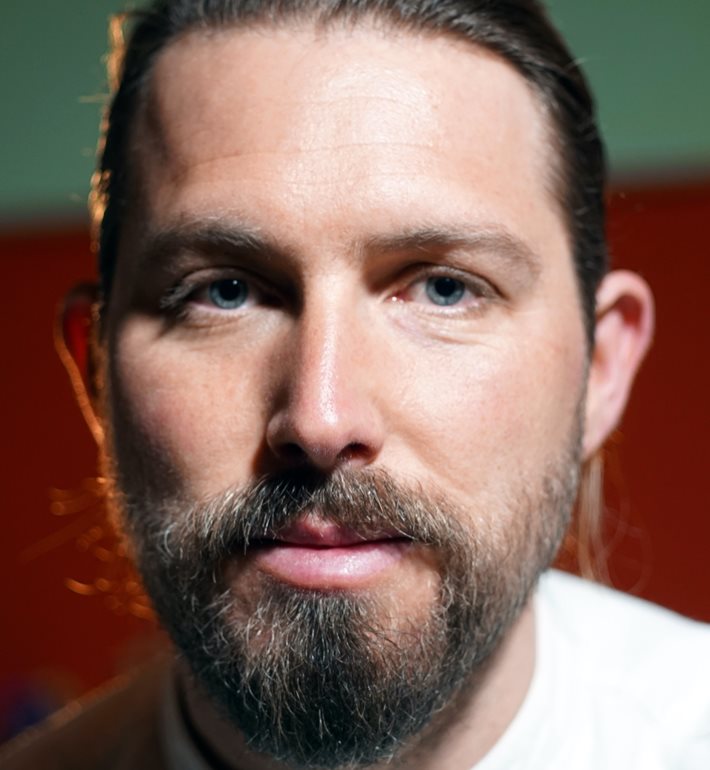
One such example is Cox, who is now teaching at the University of Buffalo while simultaneously pursuing a doctorate in Poetics. As part of this pursuit, he started The Topological Poetics Research Institute, an autonomous research collective focused on poetry and poetics. Since he launched the institute in 2018, he has published two of his former classmates from UW Bothell as well as other people from dozens of different cities, states and countries.
Along with publishing authors, Cox and the TPRI host Ecopoetics workshops that bring together poets, multimedia and movement artists, theorists, philosophers and researchers to collaborate creatively. The projects born from these workshops have led to esteemed publications and conference presentations — including one at UW Bothell’s &NOW Conference in 2019.
“For me, poetry is a lifelong pursuit,” Cox said. “It has been my passion for as long as I can remember, and I would not be the poet I am today if not for UW Bothell.”
Writing about writing
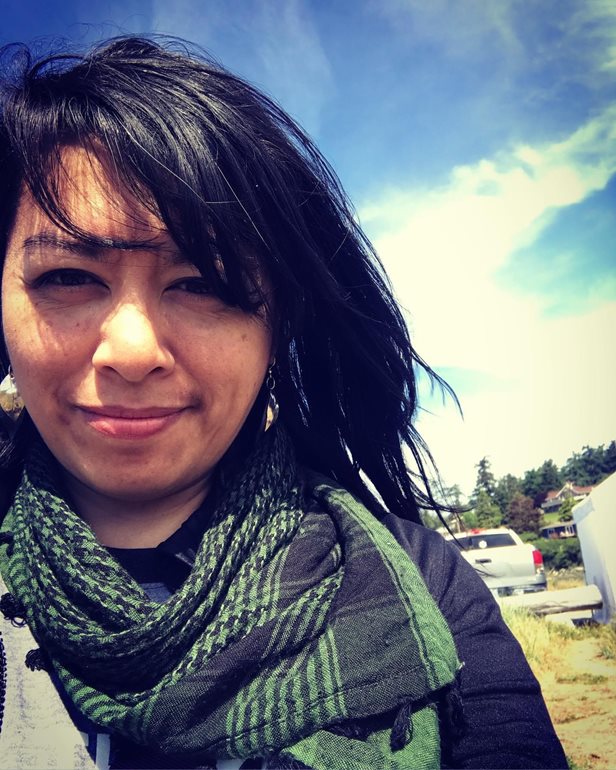
Liezel Hackett has found great success as a writer since graduating from the MFA program in 2017. She currently works as a contributing writer for Write or Die Magazine, an online collective that provides resources for writers of all genres seeking — in her words — “literary and creative connection.”
Professionally, Hackett focuses her writing on writing. She recently penned an article titled Choreography and The Mechanics of Writing and suggests writing prompts that use revision as a creative strategy.
Some of her creative work can be found in Sampaguita Press’ zine, “Sobbing in Seafood City,” which includes her poem “A Delicate Hand—for Librada.” The piece describes her grandmother’s process of making leche flan, which she passed down to Hackett when she was just 15.
“I owe a lot of my success to my undergraduate degree in English. Every job I got after that was because of that degree,” she said. “Since I’ve earned my MFA in creative writing, every job I got was due to skills I gained from that program. They are extremely transferable.”
Connecting through shared passion
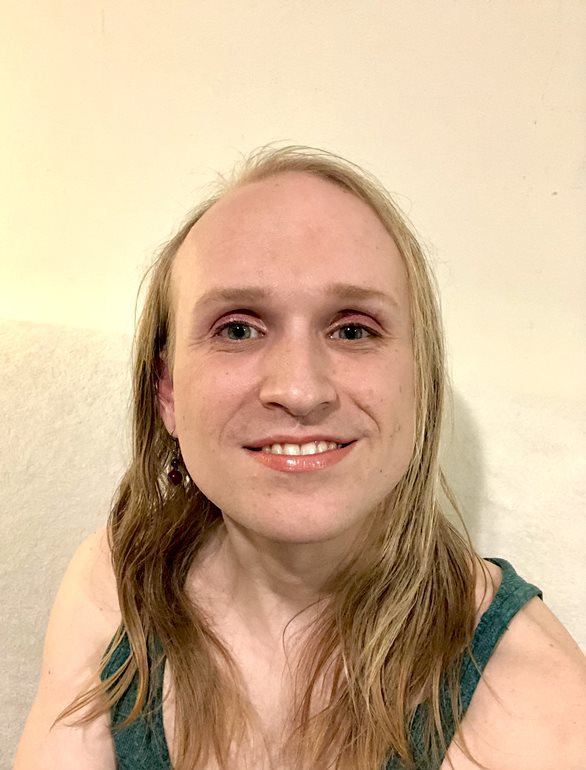
Meanwhile, MFA alumna Emma Carson is currently working as a grocery store cashier — and couldn’t be more content. “After years of working as a telecommuting editor online for a company where I worked on various books and articles, I realized I hated working from home,” she said.
“I have roughly the same amount of debt to pay off as if I were to buy a car, but I personally get so much more out of my degree than I would a car — and I am left with no regrets,” Carson said.
Carson sought a job that gives her more freedom with scheduling for reading and writing, and provides daily contact with people who fuel her creativity.
“Money isn’t the only thing you don’t take with you when you die. We can’t take other people or the things we’ve built, so live life following your dreams and do what fuels your own creative fire.”
Indeed, while all the alumni on the panel have taken different paths after graduation with various careers and lifestyles, they are all still connected by a shared passion for inquisition, creativity and writing.
Touching the starfish
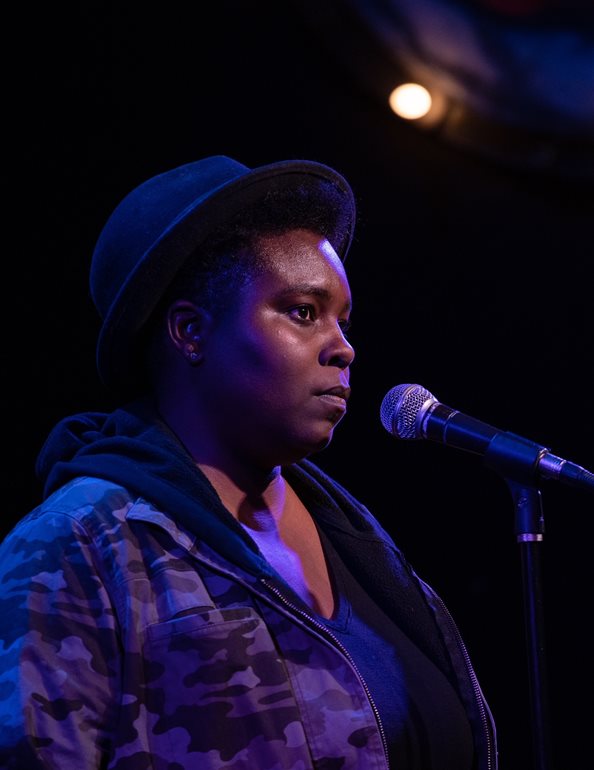
Writing a memoir is what fueled 2021 alumna Rasheena Fountain’s creativity while she was still in a UW Seattle graduate program. The title, “Touching the Starfish,” is a nod to the message her father would write to her on various birthday cards: “Don’t be afraid to touch the starfish.”
She explained that this advice was rooted in an experience she had at an aquarium once when she was visiting her father in England, where he had been living for a year. “The aquarium had an exhibit where visitors could touch sea stars. And no matter how hard my father tried to urge me touch the sea star, I wouldn’t.,” Fountain said. “Years following that visit, he wrote this message to me, reminding me.
“I did not know it at the time, but, to my father, the sea star represented access and the ability of people to step out of their comfort zones to achieve beyond their own expectations,” she said. “I realized that my decision to pursue my master’s degree thousands of miles away from my home in Chicago meant I was no longer afraid to touch the starfish.”
Now, Fountain is pursuing her doctorate in English with a focus on Black studies and environmental humanities. “Touching the Starfish” will be published next year by local press Chin Music.
Pushing the boundaries
No matter their paths, the alumni on the UW Bothell panel unanimously agreed that the education they received helped advance their successes.
“For those who are committed to getting an MFA and interested in poetry and poetics, I cannot recommend UW enough,” Cox said. “I moved from California to attend UW Bothell and explore new ideas and test the bounds of what is possible in poetry.
“Pushing those boundaries is what shaped me into the poet I am today.”

